In this article
View 2 More +Keeping our pets parasite-free is big business, with a projected 2026 global revenue of $3.68 billion.1 Fleas are quite the nuisance on several fronts. These pests can cause allergic reactions in pets while increasing the risk of secondary infections if an animal breaks the skin with its scratching. Concerns also exist with zoonotic diseases you can get from a cat with fleas, such as tapeworms.
Research shows that one type of flea that is most problematic for pet owners, the cat flea (Ctenocephalides felis)2 can be killed by components of lemon juice, but that doesn’t mean you should use it on your kitty. We strongly urge you not to use any product with this ingredient on your cat, even if it does wipe out these pests. Learn why in this article.

The Problem With Lemon Juice As a Flea Treatment
The reason it works, and you may see other blog posts touting the effectiveness of lemon juice killing fleas on cats, is an ingredient called limonene. This chemical gives lemons their pleasant taste and smell and is a major component of the oil in the fruit’s peel. Unfortunately, it’s also toxic to cats, dogs, horses, and fish. It’s not an approved pesticide, either.
Limonene is a skin irritant for all the above, including humans. Just think of how getting lemon juice in a fresh cut feels. Now imagine your cat with irritated skin from fleas and scratching. You get the picture.
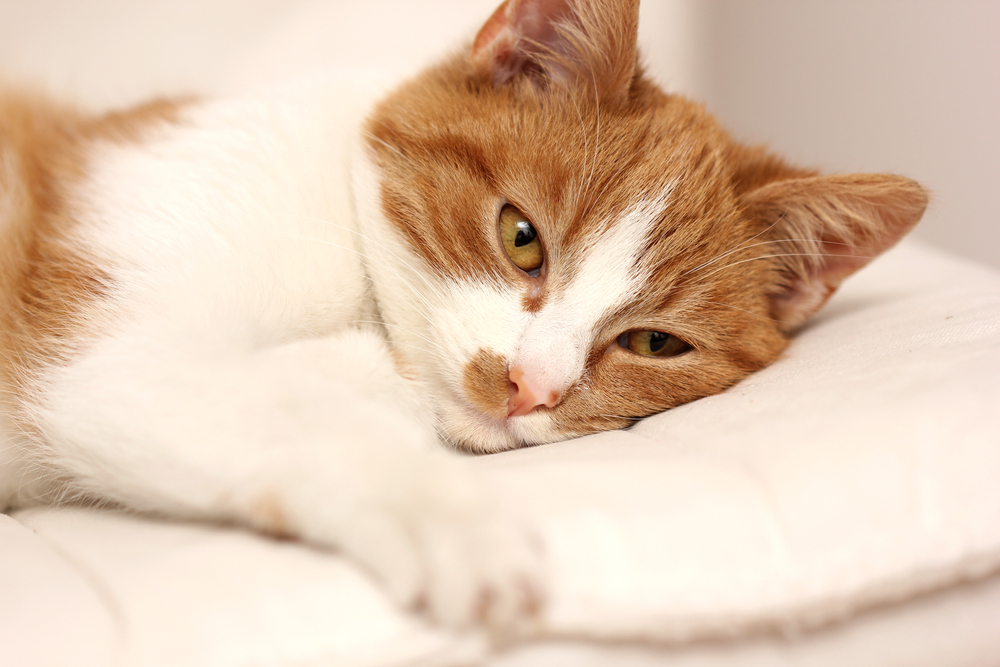
- Loss of coordination
- Tremors
- Drooling
- Impaired respiratory function
- Vomiting
- GI distress
But wait! There’s more! Lemon juice also contains ingredients called psoralens. Along with limonene, these chemical compounds can affect liver function.

Other Issues With Using Lemon Juice to Kill Fleas on Cats
If these reasons weren’t enough to sour your opinion about using lemon juice to treat fleas on cats, perhaps this one will break the camel’s back. Felines don’t like the smell of citrus. Skin and nasal irritation are undoubtedly factors. Nonetheless, manufacturers often use these scents in cat-repellent products. It’s not hard to see the conflict of using one on your pet.

Safe Alternatives for Managing a Flea Problem
We recommend using a product formulated specifically for cats that is recommended by your vet for your cat’s particular situation. Do not use dog flea sprays on felines. The reason rests with a common ingredient in canine preventives called permethrin. While it is effective for dogs, it is lethal in cats, causing tremors and fatal seizures. It is one of the most common causes of poisoning in felines.
We suggest going with something commercially made because they are formulated for specific pests. Your vet can recommend a pill or a topical medication, some of which can last for 3 months and often treat other external parasites, as well. Conversely, natural or organic sprays are broad-spectrum, meaning they will harm whatever comes in contact with it, even non-targeted species. You can rest assured that your pet will have ample protection against fleas and the complications they can cause with veterinary-recommended preventives.
One reason you’ll see lemon juice for fleas is its efficacy in all life stages, including eggs. Fleas are notoriously difficult to get rid of once your home is infested. The treatment typically involves fogging your home, which is time-consuming and problematic if you have indoor pets. However, ultimately, prevention is the best way to control fleas. Your vet can advise you on the best flea prevention treatment for your cat.
If you need to speak with a vet but can't get to one, head over to PangoVet. It's an online service where you can talk to a vet online and get the advice you need for your pet — all at an affordable price!

Final Thoughts
Dealing with a flea problem isn’t fun for anyone, especially your pet. Of course, it’s essential to deal with an issue promptly for the safety of your family and your cat. Using a so-called natural product may sound promising; however, in the case of lemon juice, it’s just plain wrong. Lemon juice has naturally occurring chemicals that are toxic and potentially fatal to cats. Instead, commercial cat products will keep your kitty pest-free.
Featured Image Credit: ZOLDATOFF, Shutterstock
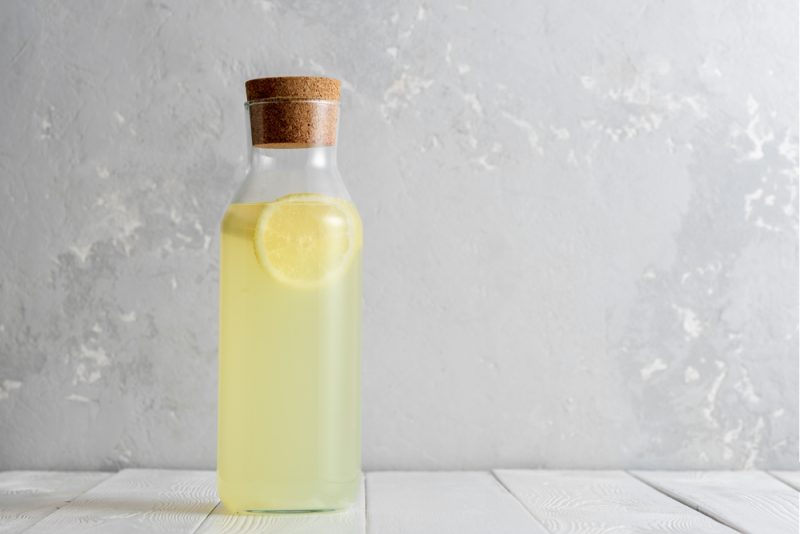



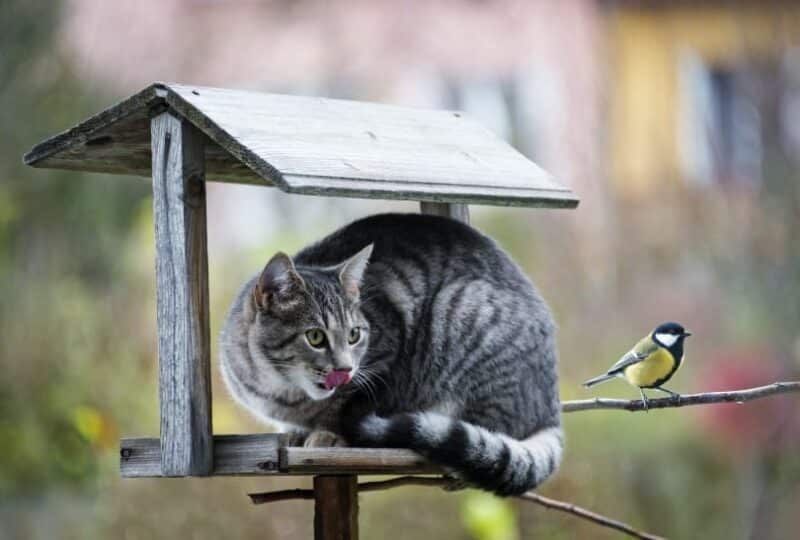
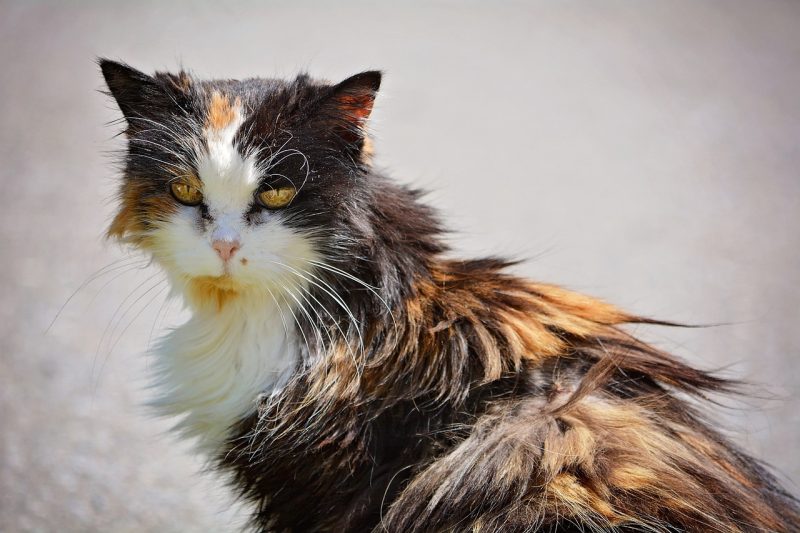



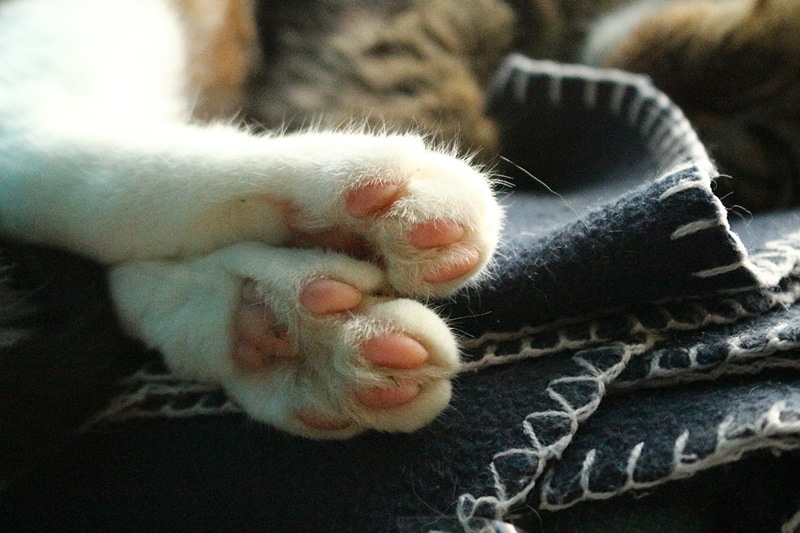
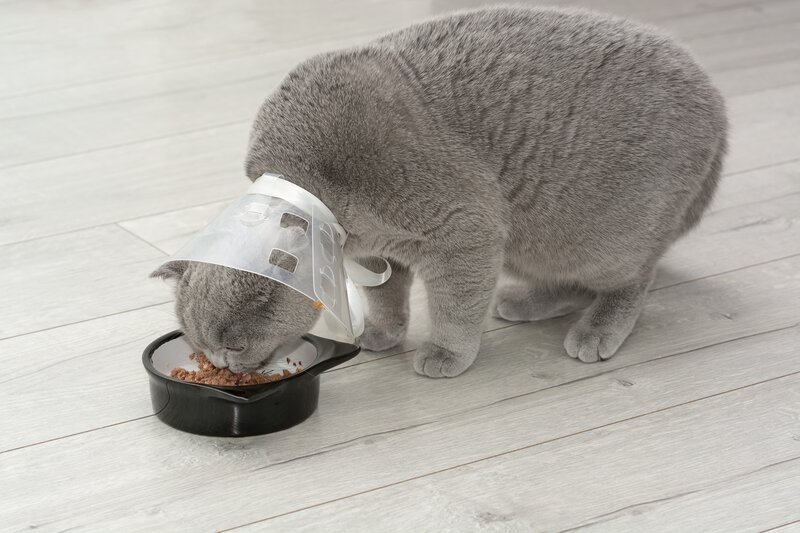
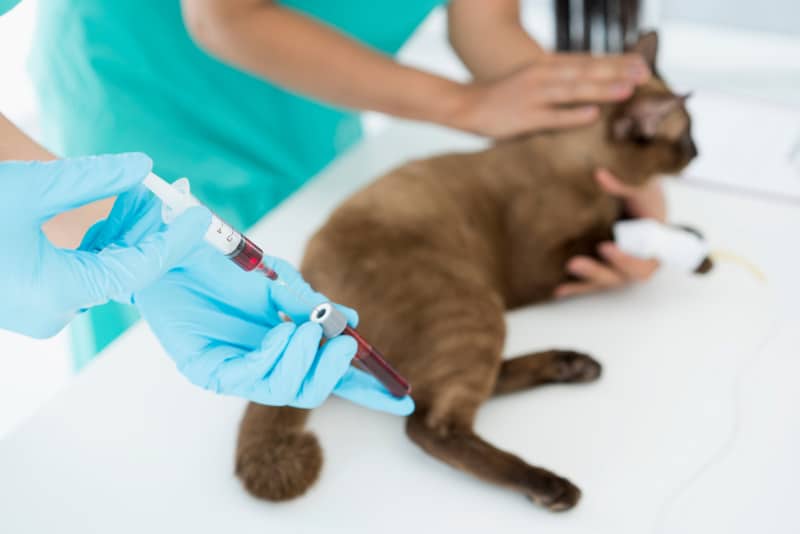

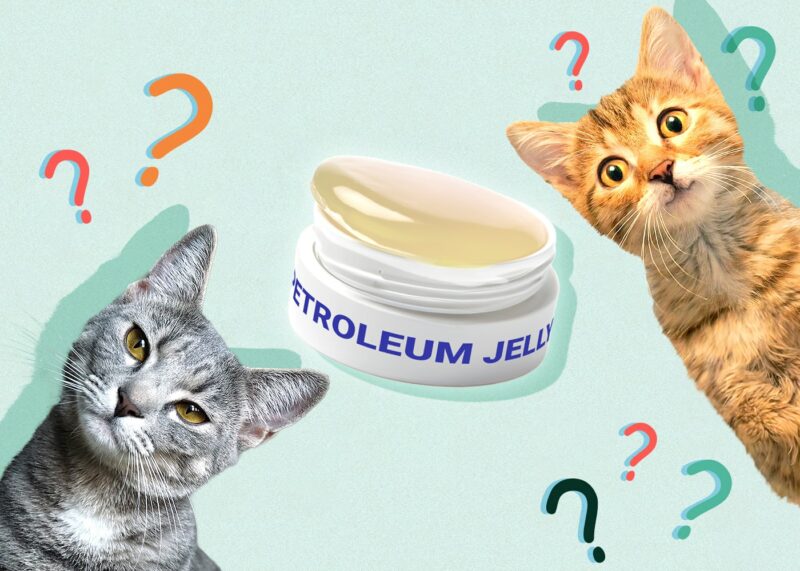
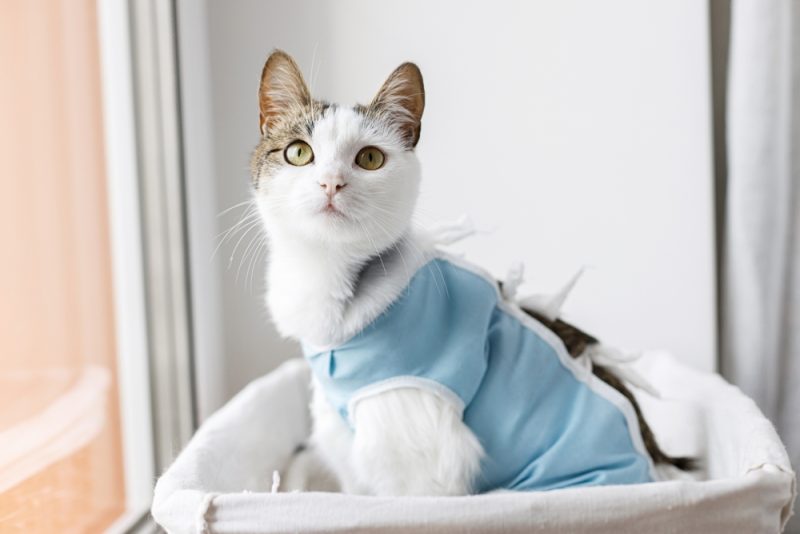
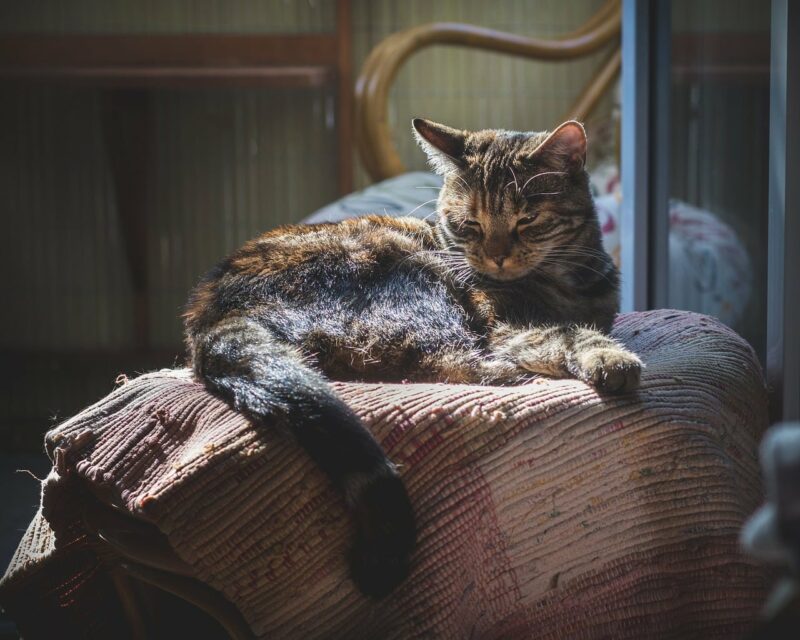
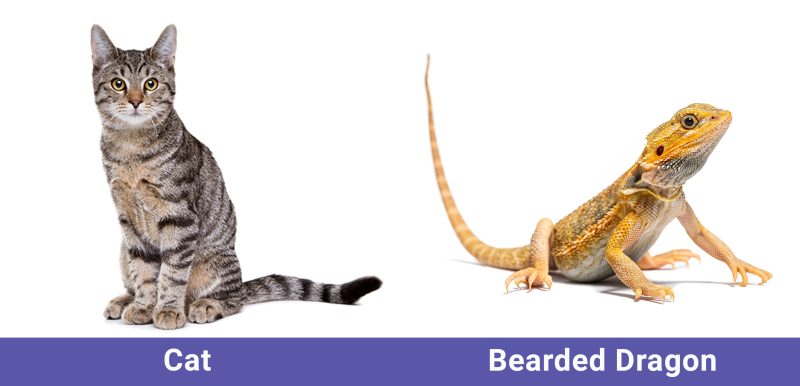
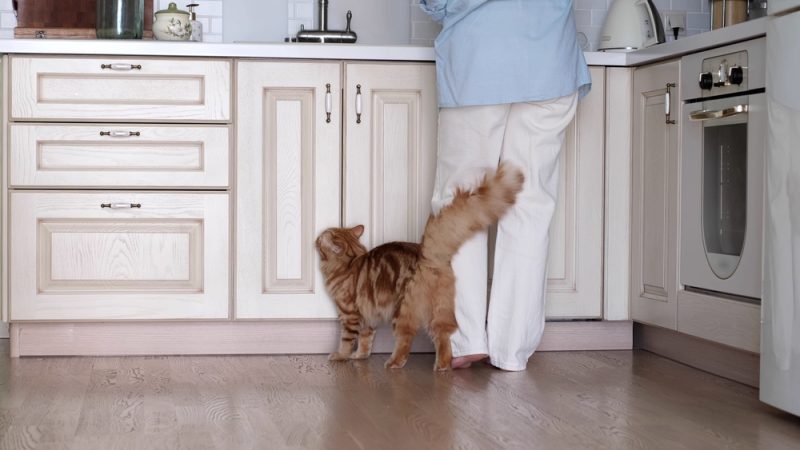
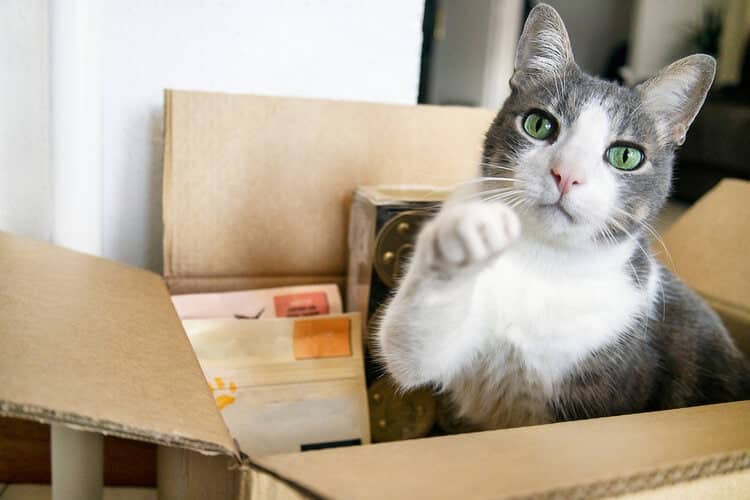




2 Responses
Thank you so much for warning me against lemon juice! is Dawn dishsoap with water in a spray bottle directly to the skin safe? My cat is 9.2 lbs and 9 yrs old and healthy except for these new fleas….and she has never been outside!
Hi Janice, sorry to hear bout your cat. You might find the following post useful:
Does Dawn Kill Fleas on Cats? – https://www.catster.com/cat-health-care/does-dawn-kill-fleas-on-cats/
How to Get Rid Of Fleas On Cats: 7 Vet-Approved Methods – https://www.catster.com/cat-health-care/how-to-get-rid-of-fleas-on-cats/
For additional tips and personalized support for your cat please don't hesitate to contact: www.pangovet.com